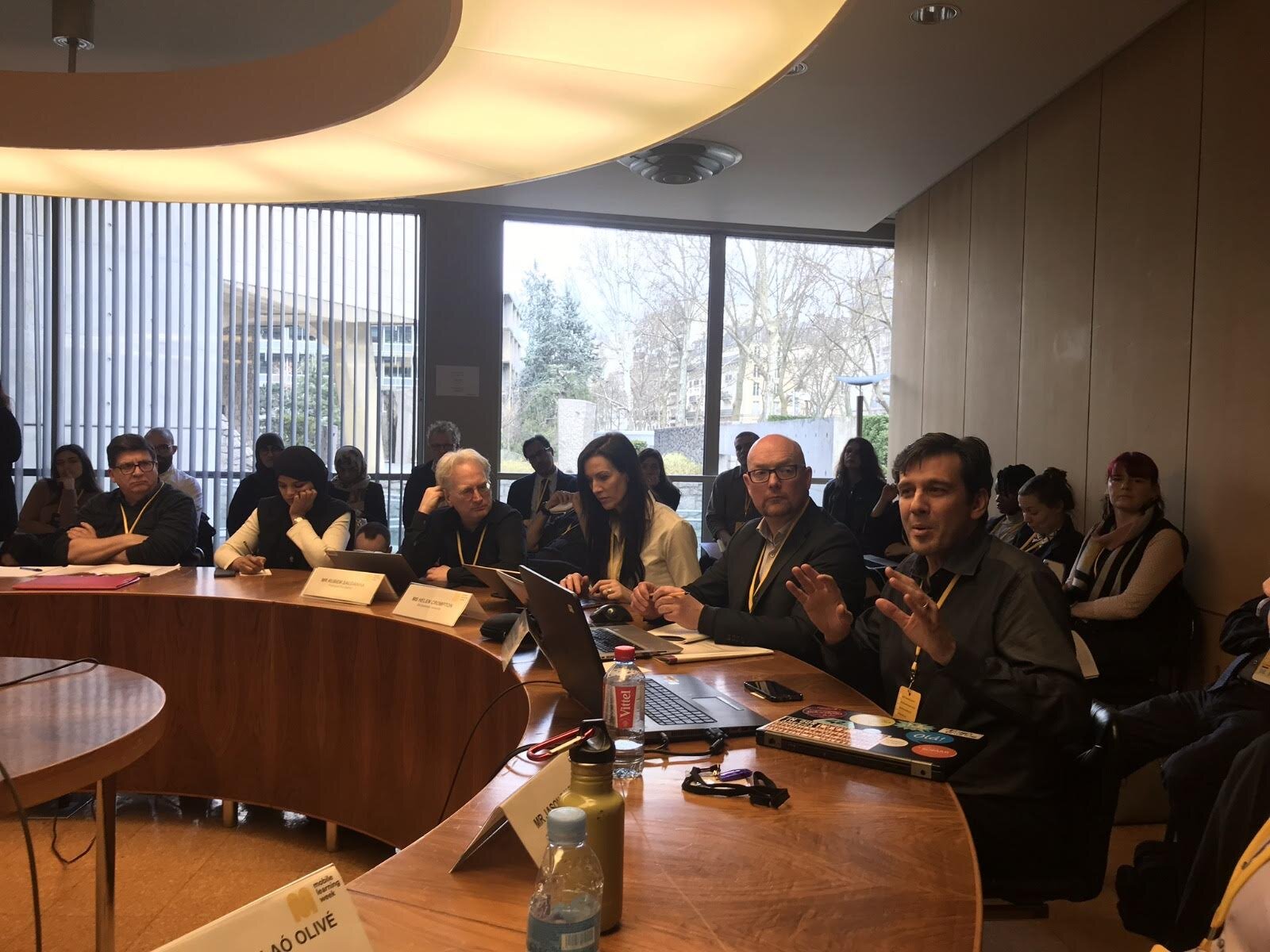
United Nations Headquarters Paris
Go as far as you can see; when you get there, you’ll be able to see further.”
— Thomas Carlyle
Crompton Consulting LLC delivers educational technology solutions that support learners of all ages and disciplines. Led by Dr. Helen Crompton, the organization partners with governments, NGOs, corporations, and academic institutions to advance effective and equitable technology integration in education.
Dr. Crompton works with governments, NGOs, companies, and institutions to:
Strategic guidance on leveraging technology to meet learning goals and enhance learner understanding and retention
Expert consulting grounded in current research and global best practices
Support for improving instructional practices and pedagogical effectiveness
Evaluation of institutional infrastructure, including programs, platforms, and digital tools
Design and delivery of professional development, including training, workshops, and keynote presentations
Development of research-based frameworks to guide scalable and sustainable educational improvement
Examples
Research Synthesis
Dr. Crompton was invited to lead a group from Oxford and Cambridge University to conduct systematic reviews to understand teacher needs and educational technology strategies in times of emergency. This work continued with the World Bank to examine inequities and gender. Crompton was also commissioned to work with the British Council to examine the use of AI in language teaching.
Development
Dr. Crompton developed the 2019 United Nations (UNESCO) framework for K-12 Artificial Intelligence. Dr. Crompton worked with one other consultant to develop a K-12 Artificial Intelligence Framework and portal. In 2023 and 2024, Dr. Crompton supported in the development of UNESCO’s AI competency framework for teachers and for a separate UNESCO group working on those for higher education.
Evaluation
Working with Vectrona, Dr. Crompton conducted a mixed methods study on the effectiveness of an Extended Reality technology for US Air Force aviation maintenance training. Mixed reality systems merge physical and digital objects that co-exist and interact seamlessly. This study used a quantitative randomized control trial and qualitative interviews and surveys to better understand the value of the technology for training purposes.
Needs Analysis
At the request of the Greek government, Dr. Crompton conducted an educational needs analysis on how mobile learning could be used to continue learning in a refugee camp. She went on site to conduct the study focusing on topics such as Teaching & Learning, Educational Personnel, Psychosocial, Early Childhood Development, Inclusive Education, and Access and the Learning Environment.
Course Development
Dr. Crompton has been commissioned to develop a range of courses for institutions around the world, tailored to meet the needs of diverse educational contexts. Notable examples include an AI literacy course for faculty in the Business School at the University of London and an AI toolkit short course designed to support engineering and computer science faculty at Oakland University in Michigan. She also created the Personalized Learning Opportunities with Technology (PLOT) course for K–12 teachers in Newport News, aimed at enhancing classroom practice through meaningful technology integration.
Expert Author
Working with the International Society for Technology in Education (ISTE), Dr. Crompton led research that shaped the development of standards for effective educational technology integration. She authored the official ISTE Standards booklets, which outline best practices for educators, technology coaches, and education leaders. In addition to her work with ISTE, she has authored key policy documents for UNESCO and the International Telecommunication Union (ITU) under the United Nations, as well as strategic reports for the United States Air Force on the role of technology in education and training.







